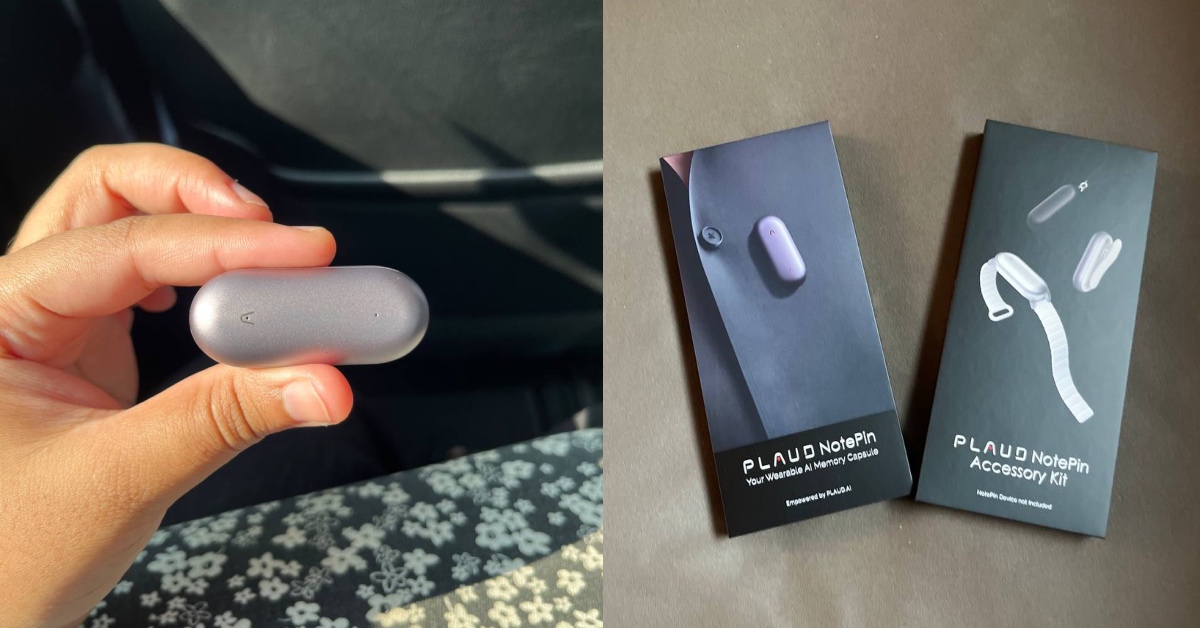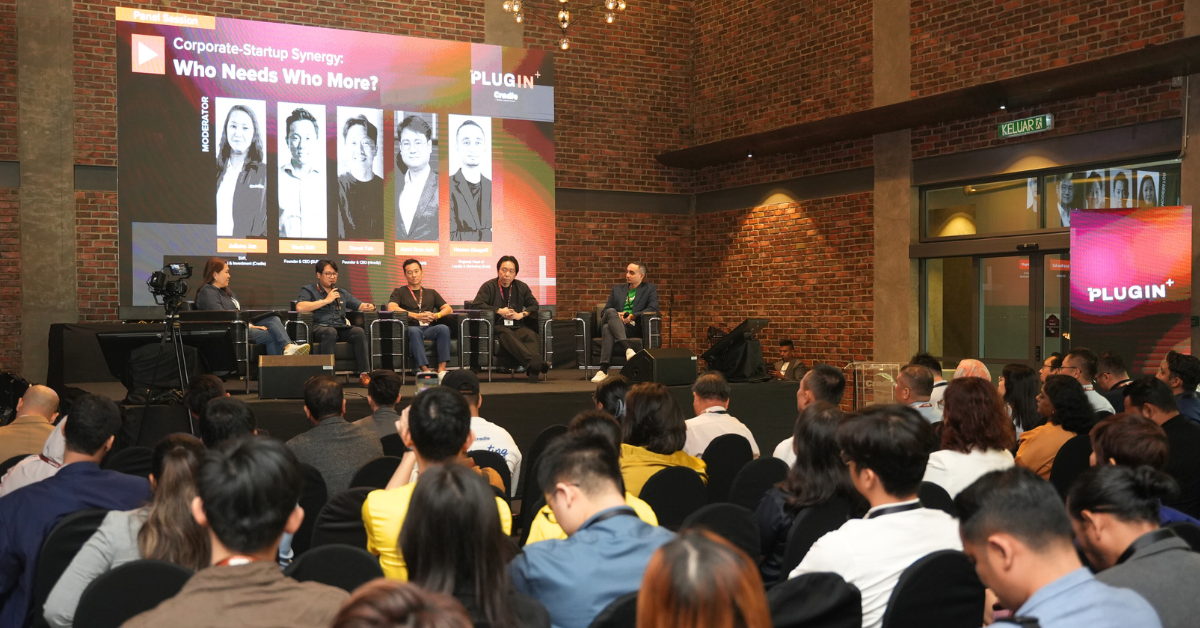5 bizs that helped KL rank in Top 20 emerging startup ecosystem
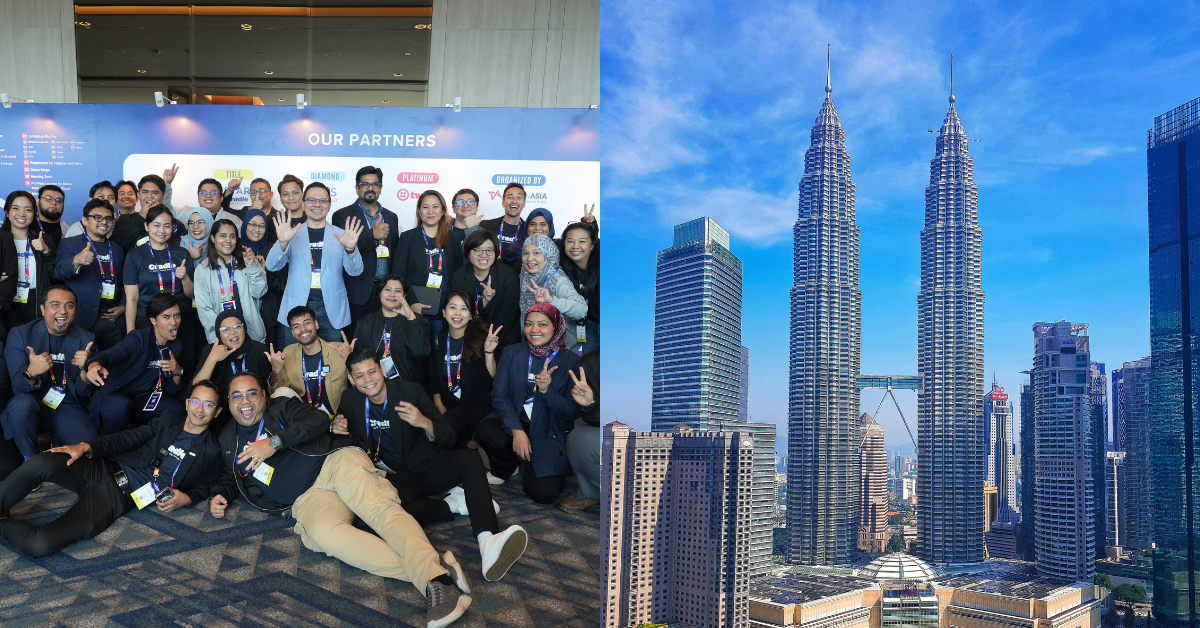
[This is a sponsored article written in collaboration with Cradle Fund.]
Did you hear? Kuala Lumpur is now in the Top 20 Emerging Startup Ecosystems, ranking 18th in the Global Startup Ecosystem Report (GSER) 2025 by Startup Genome.
This is a notable milestone and a testament of Malaysia’s coordinated national innovation agenda showing measurable impact as between 2022 to 2024, Malaysia was in the Top 30 Emerging Ecosystems category.
For context, Startup Genome is considered the world’s most comprehensive analysis of startup ecosystems, and the GSER evaluates over 300 cities across more than 100 countries.
With this new ranking, it shows a step up in the nation’s progress across performance, funding, talent development, and market reach. The latter is noted as a key contributor to the rise in rank, jumping from two to 10, reflecting on the growing ability of local startups to penetrate international markets.
Cradle Fund, the key driver of Malaysia’s startup ecosystem, highlighted numerous startups to Startup Genome. Among the notable ones are Eatcosys, Compasia, Health Metrics, Lapasar and Bateriku.com.
Cradle explained that CompAsia, Health Metrics, Lapasar, and Bateriku.com were highlighted as they were among the top-performing fundraising startups in 2024, having successfully completed a high-valuation funding round. On the other hand, Eatcosys was named because it exited.
Five Malaysian startups worth highlighting
1. Eatcosys Sdn Bhd (now under Incite Innovations)
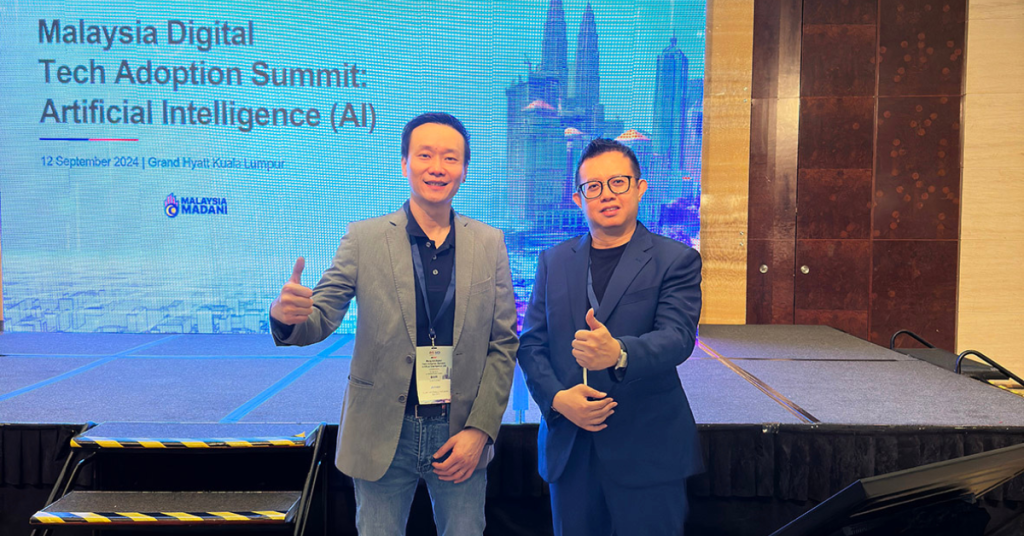
A homegrown retail-tech startup, Eatcosys is a one-stop retail technology solutions provider with a suite of services. Its solutions include a cloud-based POS system, CRM software, loyalty management, a transit advertising platform, e-commerce platforms, data insights, and financial services.
In 2023, Eatcosys was acquired by another firm called Incite Foodtech, a company that supercharges QSBF (quick-serving-beverage-and-food) brands’ growth with its “plug-in & scale” business model.
The two firms are now known collectively as Incite Innovations and serve 16 industries across 4 countries. Some clients you may be familiar with include local brands like Perodua, Giant, and Pensonic, as well as international names such as Japan’s AEON and South Korea’s Lotte.
Last year, Incite Innovations’ CEO told The Sun that the group is considering IPO listing in a couple years, aiming to capitalise on its rapid growth driven by fundraising efforts and investor support.
2. CompAsia
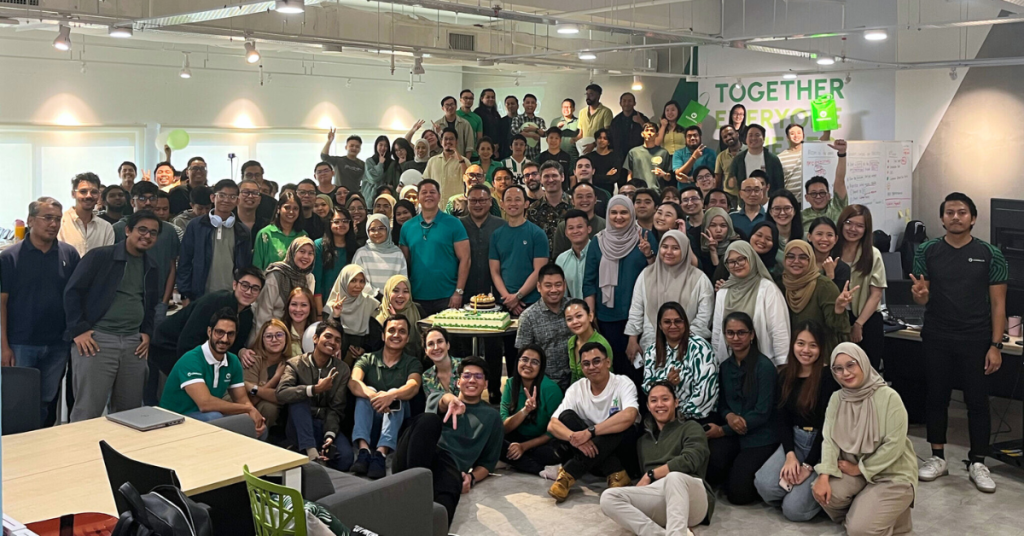
Founded by Julius Lim, CompAsia was initially built with the goal of reducing e-waste and giving secondhand devices a new life.
Initially, he saw that many people had problems disposing of their computers, but soon realised that smartphones were changed more frequently. Hence, the team decided to pivot and focus on the smartphone market.
CompAsia has since established itself as a one-stop platform to trade in and resell electronic devices with an emphasis on affordability.
Between 2019 to 2022, the company reportedly extended the lives of close to 3 million devices second-hand mobile phones. This has resulted in reducing 420 tonnes of e-waste, thereby conserving 46 billion gallons of water and preventing the production of 181,000 tonnes of carbon dioxide.
3. HealthMetrics

A third-party administrator software company, HealthMetrics simplifies and automates the management of healthcare services.
The platform incorporates advanced features such as AI-driven claim management, fraud detection, cost containment tools, and real-time analytics. Together, these help to ensure transparency, speed, and cost efficiency for insurers, corporates, and healthcare providers.
Launched in 2015, the company works with over 15,000 healthcare providers across Southeast, with 7,000 of that network in Malaysia alone.
Its latest expansion is Indonesia in April this year, strengthening Malaysia’s position as a regional hub for cross-border digital healthcare administration. According to The Exchange Asia, HealthMetrics is on track to surpassing US$1 billion in cumulative medical treatments by the end of 2025.
4. Lapasar
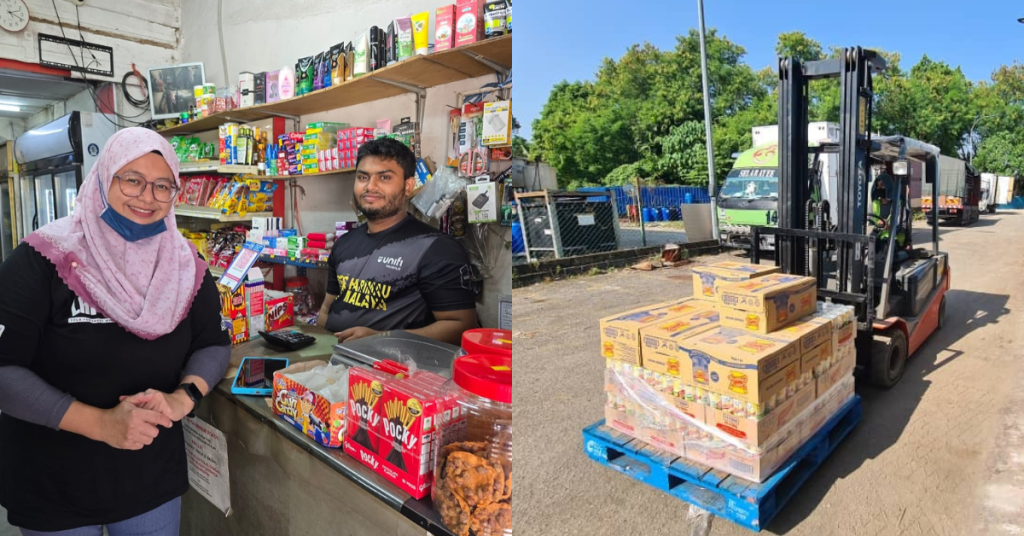
A wholesale business-to-business (B2B) platform based in Shah Alam, Lapasar digitises and simplifies procurement in the corporate and mom-and-pop space.
How it works is shops would order supplies such as your daily pack of Milo or Nescafe from Lapasar. Prior to that, it was focusing on buying items for daily operational needs, like laptops, projectors, and office furniture.
Today, Lapasar’s FMCG wholesale segment is the key pillar of its business, supplying inventory to over 6,000 stores and restaurants in Malaysia.
Part of this growth could be attributed to the brand securing RM31 million in investments last year from a roster of investors, including pension fund KWAP and Gobi Dana Impak Ventures.
5. Bateriku.com

One of Malaysia’s leading connected roadside assistance providers, Bateriku.com began as a traditional battery retailer. This includes on-demand, on-site car battery replacements, jumpstarts, towing, and other assistance services such as tyre punctures.
“But our vision was always to build an integrated ecosystem catering to every vehicle owner’s needs,” the founder Azarol Faizi previously shared to TechNode Global.
Realising that dream, the company now also operates as an ecosystem connecting car owners to workshops and auto parts providers. A couple years ago, it also launched Akademi Bateriku to provide reskilling and upskilling programmes for automotive professionals.
The brand now has over 1,000 trained gig technicians, over 70 entrepreneurs, and more than 3,000 workshops and auto part partners. These numbers are expected to grow following its recent Series B funding round in September 2024 that raised US$7.4 million.
Next stop: World’s Top 20 Startup Ecosystems
Startup Genome also reported that early-stage funding in Kuala Lumpur reached US$368 million (RM1.5 billion) over the past 2.5 years, which is a 44% increase from the previous cycle.
At the heart of this progress lies two core national strategies—the Malaysia Startup Ecosystem Roadmap (SUPER) 2021-2030, KL20 Action Plan, and Malaysia Venture Capital Roadmap (MVCR) 2024-2030 that was introduced last year.
“Our progress reflects years of deliberate policy design and institution-building under SUPER, which laid the foundational infrastructure for growth across capital formation, talent development, and regulatory frameworks,” said Chang Lih Kang, the Minister of Science, Technology and Innovation (MOSTI).
“KL20 has since accelerated these efforts by deepening access to funding, attracting global talent, and further bolstering investor confidence. Together, these initiatives align with our national vision to position Malaysia among the world’s top 20 startup ecosystems by 2030.”
- Learn more about Cradle Fund here.
- Read other articles we’ve written about Cradle Fund here.
Featured Image Credit: Cradle Fund / Dadan Fitrayana via Pexels




